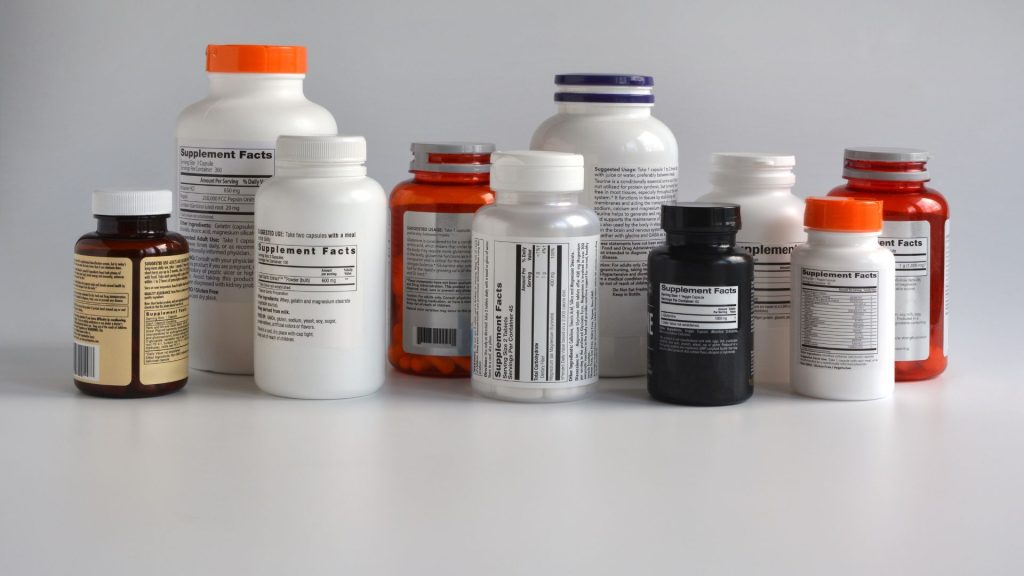Liquid supplements offer an ideal solution for those who have difficulty swallowing pills and tablets, including children, adults who do not prefer or have medical reasons not to take pills, and those with increased nutrient needs due to health challenges.
Selecting an effective liquid supplement requires thorough research. There are many available, from unnecessary additives to misleading information.
Better Absorption
Traditional pills contain outer casings which may degrade vitamins, reducing their bioavailability. Liquid supplements don’t need as much digestion to be absorbed into your system and assimilated, meaning more readily absorbable micronutrients are readily taken up by your body.
Liquid vitamin products may also be easier to swallow for individuals who struggle with pill aversion or suffer from medical conditions that make chewing and swallowing challenging, like dysphagia. Children also prefer liquid vitamin products for this same reason.
Liposome technology can be used in some liquid supplements to encase and transport nutrients more effectively to the body for absorption, making them easier for fat-soluble vitamins like A, D and E that are absorbed through gastrointestinal tract as well as water-soluble ones like C and B12. Nutrivitality’s itSpray line uses this approach and has proven beneficial for immune support, sustained energy supply and anti-anxiety support & sleep aid – shop now!
Better Dosage
Liquid nutritional supplements tend to be easier for the body to absorb than pills or capsules, especially high quality liquid supplements.
Many individuals struggle to swallow chalky or large pills and, as a result, can develop dysphagia – an adverse health condition wherein swallowing solid foods is difficult or impossible, significantly decreasing quality of life for individuals living with this condition.
Liquid vitamins can be mixed into beverages like water, juice or smoothies to make them more appealing to people who find pills difficult to swallow or who have digestive issues that impede nutrient absorption. But it’s important to keep in mind that even high-quality liquid vitamins cannot provide complete nutrition; supplementation should always be combined with eating an array of fruits, vegetables and whole grains each day – even liquid vitamins! It is advisable to seek professional advice prior to beginning any new regimen containing liquid vitamins.
Additive-Free
Liquid vitamins typically don’t contain additives that could pose potential harm when they build up in your body, like dyes such as Titanium Dioxide (a group 2B carcinogen) and flow agents such as Magnesium Stearate that prevent ingredients from sticking to machinery during production.
Liquid supplements free from additives often utilize liposomal or alcohol-based delivery systems to deliver nutrients directly into the bloodstream without passing through digestion and liver processes, and herbal preparations using natural solvents like vinegar or honey as natural solvents for delivery of certain herbs and vitamins. Liquid supplements may be either water or oil based, depending on what nutrients need to be administered.
Liquid multivitamins may be ideal for people with difficulty swallowing pills and tablets; their liquid form makes dosing easier than tablets or capsules and may provide higher dosages of certain nutrients which might otherwise be difficult to access through pills and tablets.
Better Taste
Liquid supplements may be more palatable for some individuals due to swallowing disorders (dysphagia). When faced with these challenges, liquid vitamins can often provide the optimal way of meeting daily nutritional needs.
Liquid multivitamins typically feature a delicious fruity taste, unlike the chalky flavor of tablets and pills. Plus, these liquid vitamins usually don’t use sugar or artificial sweeteners for flavoring purposes – making it easier for users to remember taking them daily! When used alongside drinks such as juices, smoothies or meals it becomes even simpler!
However, due to bacteria growth issues, liquid supplements typically have a shorter shelf life than pill and capsule vitamins. Therefore, it’s essential that consumers choose quality liquid vitamins that do not use toxic preservatives like sodium benzoate as these could compromise its efficacy and should be avoided at all costs.


